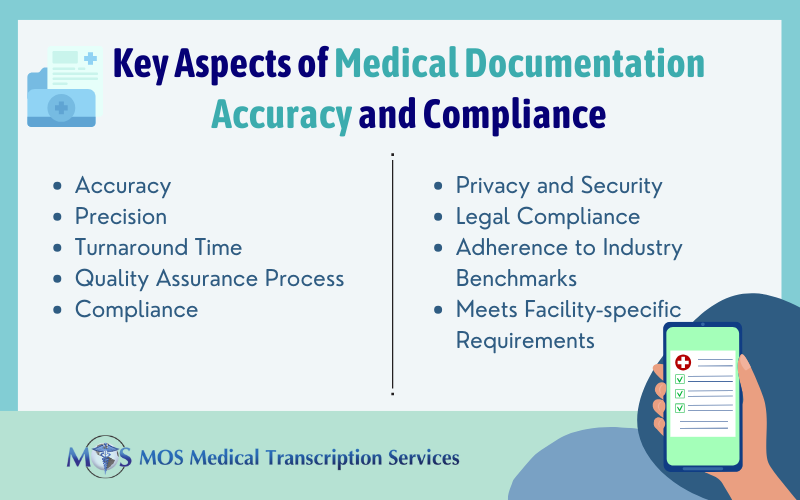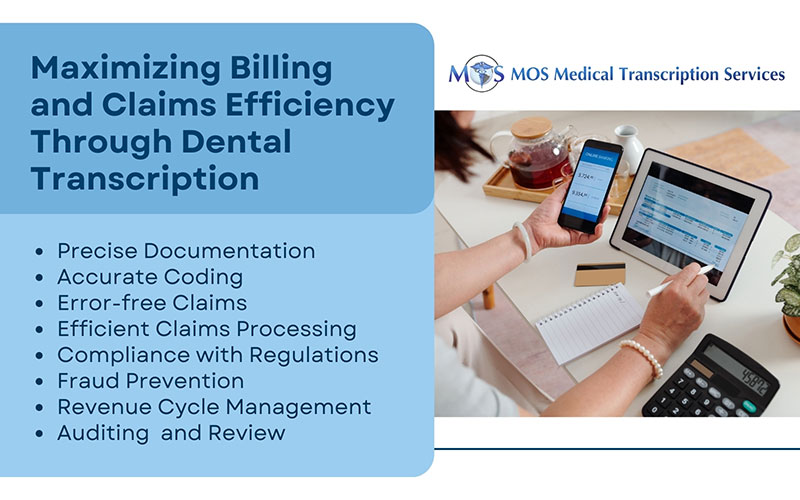 Healthcare information that needs to be transcribed can be range from demographic data, documents pertaining to history and physical examinations, operative reports, discharge summaries, inpatient progress notes, consultations, and specialty reports. Regardless of the type of record or document, accuracy is paramount in medical transcription.
Healthcare information that needs to be transcribed can be range from demographic data, documents pertaining to history and physical examinations, operative reports, discharge summaries, inpatient progress notes, consultations, and specialty reports. Regardless of the type of record or document, accuracy is paramount in medical transcription.
Patient care reports serve several purposes all through the patient’s treatment. They chronicle the reasons leading up to the patient’s admission and formulation of the treatment plan. In addition to the patient’s current hospitalization, medications, and prevailing medical condition, they also provide information and history on the previous medical and surgical events, treatments, social and family history, allergies, and so on.
Accuracy in transcribing all these documents and reports is crucial because even a slight mistake can affect further diagnosis and treatment. Great attention must be paid to punctuation, quotation marks, capitalization, report formatting, spacing, and spelling. Physicians and other care givers can make the right decisions quickly only with timely and accurate healthcare documentation.
Quality counts a lot when it comes to transcription and misinterpretations must be avoided at all costs. There are many medical conditions and drugs with names that sound the same. For instance, take ‘aphagia’ which means inability to eat and ‘aphakia’ which means absence of the lens of the eye – a mix-up could have serious consequences for the patient. Similarly, there are even drugs with names that sound similar like, for instance, Celexa and Celebrex. If they are transcribed wrongly, the patient would be given the wrong drug. In fact, the name of the Alzheimer drug Reminyl was changed to Razadyne after Reminyl was mistakenly reported as Amaryl, which lowers blood sugar. This change was made to avoid dispensing errors; it could have affected documentation too.
In addition to ensuring proper diagnosis and treatment, accuracy in medical transcription in patient records is vital in the event of litigation or a malpractice lawsuit. In these cases, the patient’s medical records and documents often provide the information to determine the outcome of the case.
Leading medical transcription companies follow the recommendations of the American Association of Medical Transcription on accuracy by employing staff with good English language skills and knowledge of medical terminology, medications, disease signs and symptoms, anatomy and physiology, and laboratory procedures. With stringent quality assurance checks, these service providers ensure top accuracy for the transcripts they deliver.


